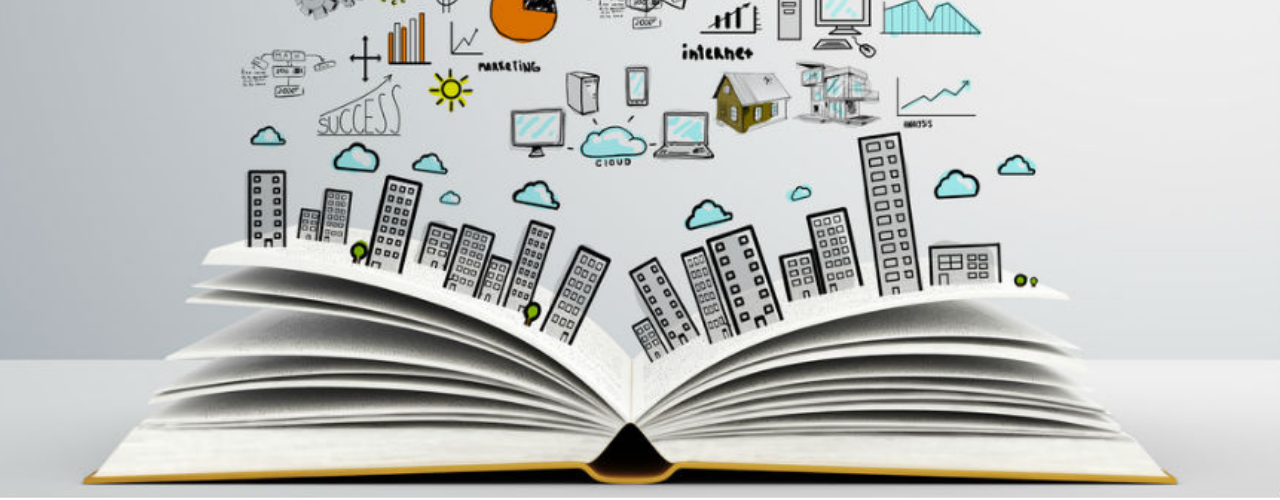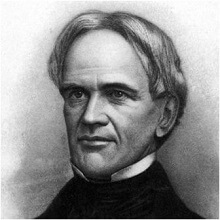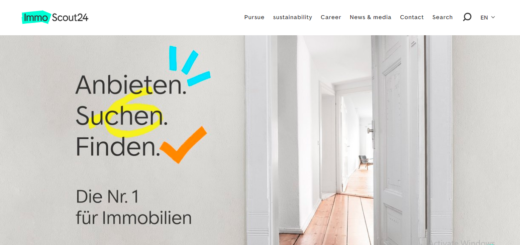You Knows’ Who was Founder of School? When and Why Schooling System was started?

Who Invented School

Horace Mann is considered as the inventor of the concept of school. He was born in 1796 and later became Secretary of Education in Massachusetts. He was a pioneer in bringing educational reforms into society. He strongly believed that by providing every American child with a good quality school education, he would be able to make every American children into disciplined members of society. He also stressed that the aim of education must be character and civic virtue rather than learning to advance society. Mann’s method of education soon became popular and was adopted by other states. However, it was not until 1918 that students had to complete their elementary education. Mann is also known as the ‘Father of Modern Education.’
History of Schools
In ancient times, education was focused on hunting, pottery making, and communication, unlike today. Later, people began teaching individually to their children; knowledge was passed on from the elders. Thus, education first started from families, then became public. Before Horace Mann proposed modern education in schools, many already began teaching clusters of students. People thought that education could be imparted efficiently if some teachers teach a large group of students rather than teaching individually. Subsequently, leading to the invention of schools.
Formal education prevailed in many countries, including India, from ancient times. Earlier schools focused on reading, writing, and mathematics. Soon specific purposes such as educating the military became part of it. Nowadays, schools pass on history, philosophy, and mathematics to the students through these formal schools. Back then, education was not mandatory but significantly made a difference in the lives of people.
Why schools are important part of our life?
Schools are really important to teach us valuables lessons in life that shape up our future, such as:
- Curriculum: The curriculum has improved because of the competition in different education boards and among the states.
- A shift in focus from content to concept: Understanding the concept is focused rather than just grasping the information and memorizing it. It is believed that conceptual understanding will make students better at solving problems.
- Engaging students in learning: Students can talk and share their perspectives on topics rather than just teachers speaking for hours. Hence more focus is on learning rather than teaching.
- Active learning: Earlier, students learned passively listening to teachers and just answering the questions. Nowadays, a student is effectively involved in active learning. The student asks questions to know more than what the teacher is teaching. Asking questions to solve doubts assures deep learning and better grasping of the subject conceptually.
- Discipline: School disciplinary practices have changed globally. Rather than the punishments, the focus is now shifted to learning from the wrong action and making students realize what went wrong. Learning ensures repairing the student-teacher relationship and making them ready for life challenges.
- Games to play: Playgrounds now involve games that focus on balance and coordination. In addition, adventure playgrounds are installed to generate gross motor skills rather than the initial swings and see-saws.
- Technology: The location of the classrooms has now changed from the conventional 4-walled room to the laptops, tablets, and mobile phones. Students not just learn in class but can learn remotely from whosoever they want to. Lessons are taught and recorded so that the students can revisit to learn effectively.
- Learning Resources: Students are taught in a digital classroom using illustrations and animations to clear the concept. Initially, books, blackboards, and notes were the learning resource that has now been shifted to the exciting new technologies.
- Assessments: Assessments have evolved from the conventional ways of writing answers to the questions on the test papers to the presentations, performing a play, or creating a video explaining the topic. Involving in creative activities engages the student in the learning process along with the enjoyment.
- Habits: School helps us build good habits and forego bad habits.
- Meet new people: School is the first place where we start meeting new people and learn different things from different people.
- Learning to read and write: Learning to read and write is almost the same. Students are taught alphabets, words, pronunciation, spelling to be able to read and write. The only difference is how these are taught. The more interactive way offers better learning
I think the future of psychotherapy and psychology is in the school system. We need to teach every child how to rarely seriously disturb himself or herself and how to overcome disturbance when it occurs.
“Albert Ellis”








